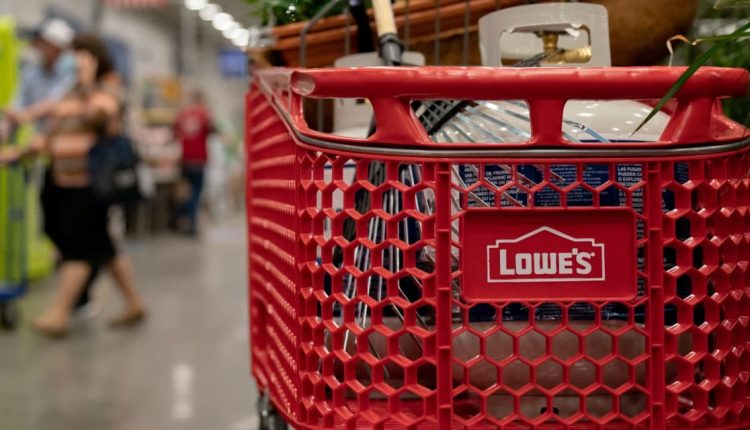In uncertain economic times, certainty has a welcome spot in investor portfolios.
But even within value names, some are more recession-proof than others. One strategy is to look at companies that have recently been able to grow their dividends. Increasing payouts at a time when other companies fear that cash is scarce is surely a sign of confidence. Even better would be to stick with so-called “dividend aristocrats,” or companies that have been able to raise their dividends for 25 consecutive years.
While the economy—and market—have proved to be resilient this year in the face of recession worries, many on Wall Street still fear that danger lurks around the corner. Interest rates are likely to stay higher for longer, many on The Street concluded following Federal Reserve Chair Jerome Powell’s speech at Jackson Hole last week. That’s eventually going to put pressure on growth-oriented stocks, presumably making value-oriented names more attractive.
“This cohort of stocks has outperformed heading into and out of recessions historically,” Chris Senyek, chief investment strategist at Wolfe Research, wrote Thursday. As a group, dividend aristocrats yield 2.5.%—not a super-exciting yield when short-term Treasury bills yield more than 5% but still a secure spot. The dividend aristocrats’ price-to-earnings ratio relative to the S&P 500 is roughly 0.95x, slightly below 10-year average of 1.03x, implying that the stocks look cheap.
Within the S&P 500 there are 67 dividend aristocrats with nearly half of the names coming from the industrial and consumer staples sectors. Investors who hope to narrow down that list may want to look at companies that are dividend aristocrats that have also bought back shares in each of the last 10 consecutive years—basically doubling down on returning capital to shareholders.
Senyek identified 13 companies that meet the mark on this metric: Lowe’s (ticker:
LOW
),
Genuine Parts
(GPC),
Walmart
(WMT),
Colgate-Palmolive
(CL), Aflac (AFL),
Cardinal Health
(CAH),
Expeditors International of Washington
(EXPD),
C.H. Robinson Worldwide,
(CHRW),
Emerson Electric
(EMR),
A.O. Smith
(AOS),
Illinois Tool Works
(ITW),
W.W. Grainger,
(GWW), and
Automatic Data Processing
(ADP).
On average these companies have a dividend yield of 2% and a buyback yield over the last 12 months 5%. While the pace of buybacks could change, historical data would imply a total yield of 7%.
That’s something for investors to get excited about.
Write to Carleton English at [email protected]
Read the full article here

